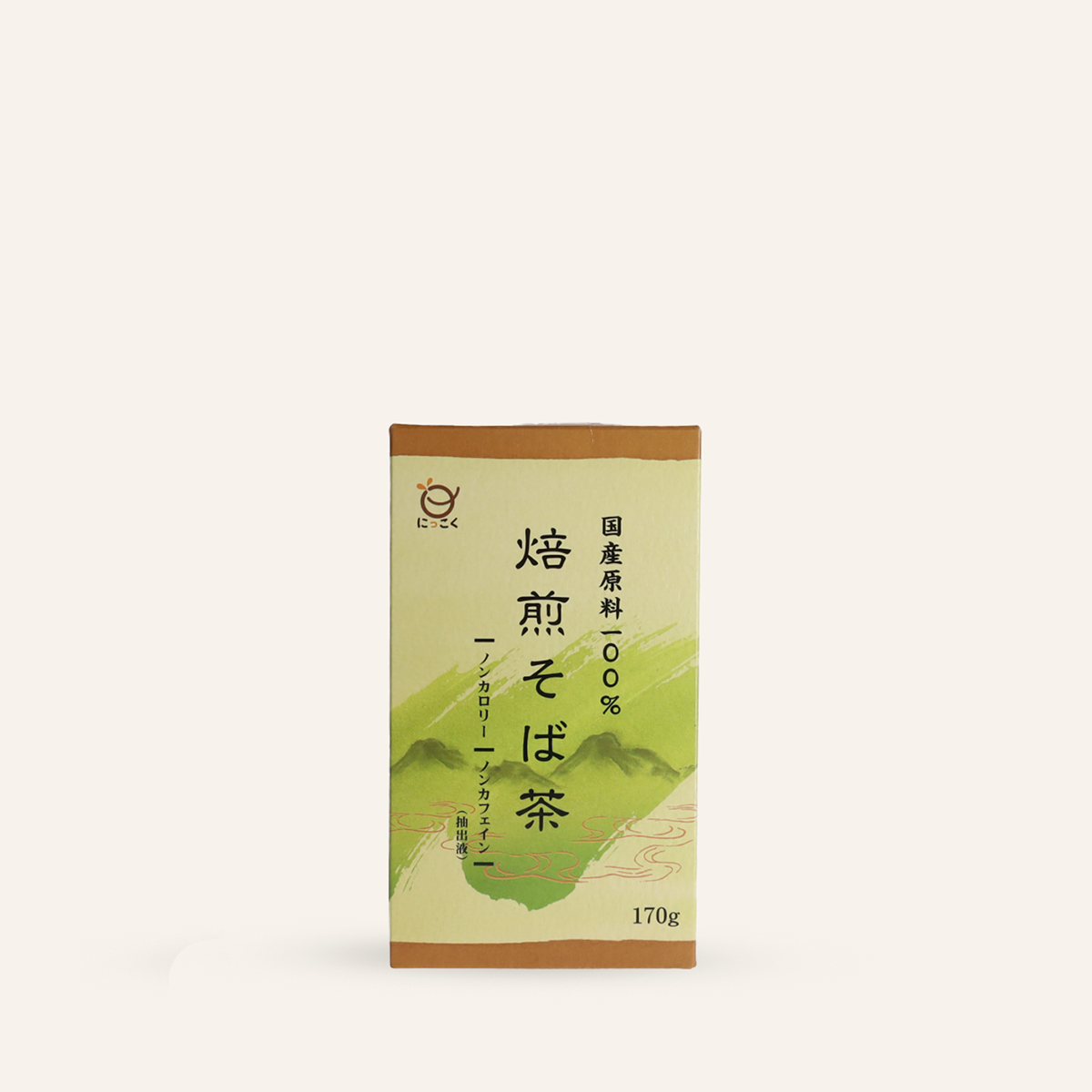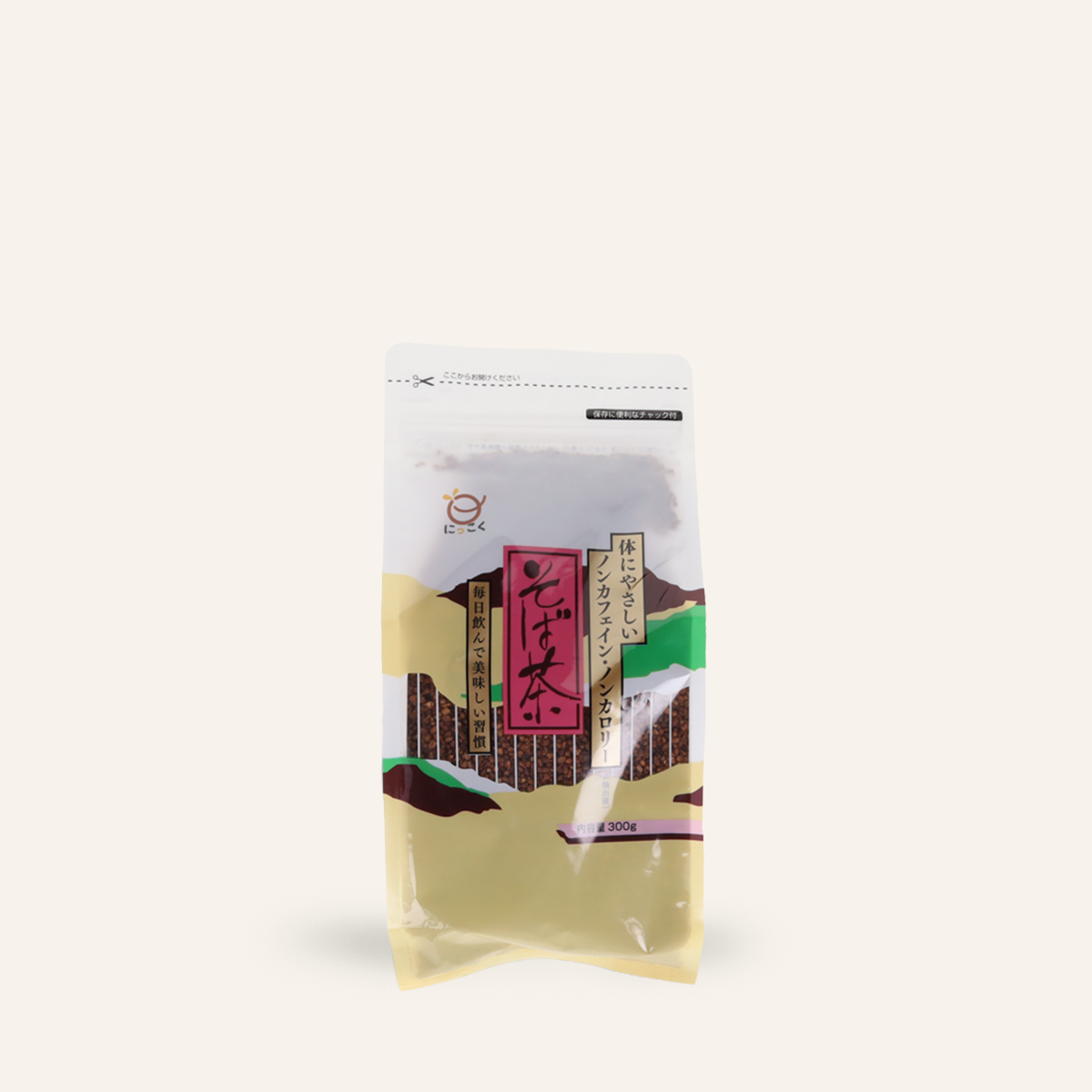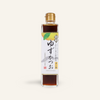

Usage
For a hot infusion, add 2 teaspoons of buckwheat per cup and steep for 1 to 2 minutes. For a cold infusion, add 4 teaspoons to a liter of hot water, steep for 1 to 2 minutes, then let cool. Sobacha can also be used to make other drinks (latte, dalgona) or to flavor rice while it cooks. The crushed texture of these buckwheat seeds makes them easier to incorporate into desserts: crème brûlée, warabi mochi, pudding, ice cream, etc.
Drinks
Tea





